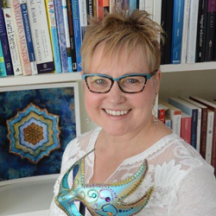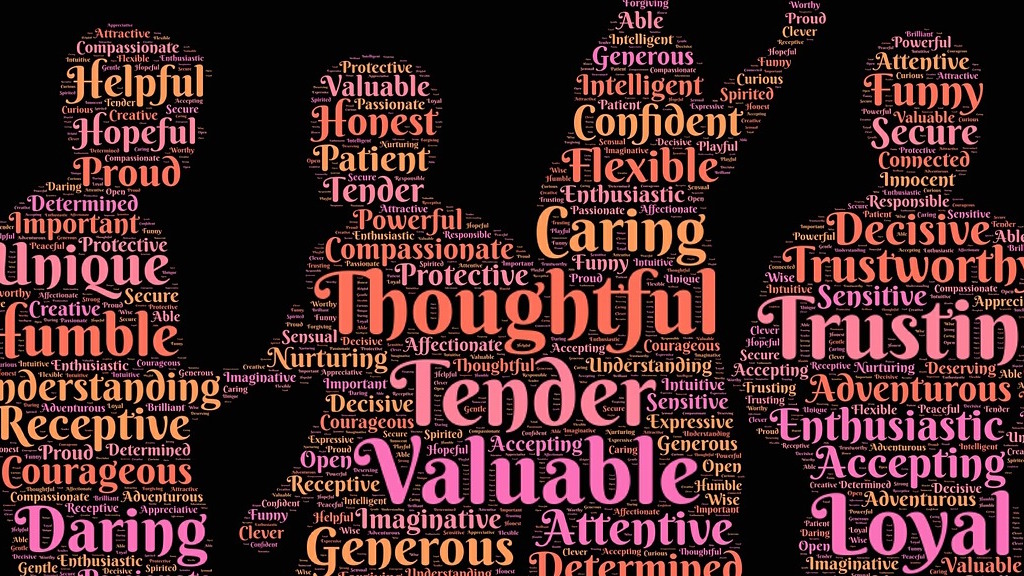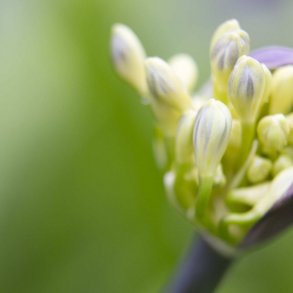By Edith Friesen for Enlivening Edge Magazine
My heart aches for people who long to write yet struggle with writing. So I’m always asking: What are they really struggling with, and why? What can I offer to ease their struggle?
These action-research questions run like an underground river through all my writing-related work. I swam in them even before I could articulate them. They have spurred me to develop my learning-design and facilitation skills. And they have inspired me to create offerings grounded in generative frameworks–offerings that could catalyze personal breakthroughs, even cultural transformations.
I’m coming to realize that, as much as I enact these action-research questions, they enact me.
If I probe further, I see that these questions eddy around two core beliefs I try to hold lightly. One, that we, as symbol-makers, were born to write. Another, that since “words create worlds,” the world needs our writing. Especially high-impact writing that serves the whole.
So, let me tell you how these elements danced together at the one-day guided writing experience I facilitated in London, UK, on November 22nd.
Before the event, I invited prospective participants to articulate their writing desires and struggles. Then I organized their responses into four categories: self, text, audience, and ecosystem. These categories correspond with Ken Wilber’s 4-quadrant model, a model that inspired my rendition of a writer’s four-cornered dance floor, and also inspired the structure of this guided writing experience.
During the phase of designing the event, I consulted Jan Sage, Enlivening Edge’s Learner Designer. She helped me develop a comprehensive map for the day. With this safety net, I could relax into it, while staying on track. I also invested in attending a Next-stage Facilitation in-person 3-day intensive led by Diane Hamilton. This helped me to get over myself and my preferences. And helped me to greet the event day with fearlessness, despite not knowing the cultural nuances between myself as Canadian and my participants as British.
At the beginning of the day, participants voiced their writing struggles to the whole group of 15 participants, most of whom did not know each other. This created a sense of intimacy and transparency, and it allowed beginning and seasoned writers to step onto the dance floor together.
Turning our attention to the inside zones of each corner of the dance floor, we explored questions like these: As writers, how can we amplify our presence? How can we work with the livingness of the text? How can we create resonance with our audience? How can we spark synergies within our ecosystems? How can we write in a sense-and-respond manner, with dancer-like agility?
We explored these questions through experiential learning. For example, we did free-writing; we shared our writing; we validated each other’s writing, and then we reflected on how our writing, or even how we ourselves, might change as a result of this experience.
The writing that emerged was so powerful it brought some of us to tears. Somehow, in this safe, open, and generous space, participants were able to transcend their writing struggles, and to voice what really mattered. (Read Dolly May’s story here.) This was high-impact writing, and it spawned synergies among participants, many of whom work in the health sector of society.
What might have generated such potent writing is that participants first framed their writing around their real passion, followed that with a personal I-story, expanded that into a we-story, and then asked “what if” questions. For this part of the design, I drew on Bill Torbert’s work on the transforming power of interweaving the four parts of speech and single-, double-, and triple-loop feedback, in action-research.
Circling back to the action-research question I asked at the beginning here, perhaps many of us struggle with writing because of the rules-based and head-forward ways we learned to write (me included.)
Our writing voices have been muffled by self-doubt and fear. Still, the world needs our writing—our high-impact and multi-perspectival writing.
So here’s the thing. What if we let our writing emerge from our bodies, hearts, and souls, in addition to our heads? What if we let it spring from the evolutionary impulse itself?
What would that take for you? Let me know in the comments section or by e-mailing [email protected] and I will devote my next column to exploring your responses..

Edith Friesen energizes the role of Writing Mentor at Enlivening Edge. As a lifelong writer, she has worked in diverse organizations and coached writers. Her passion is to inspire writing that drops the mask and comes from the whole self. Send your email to edith (at) enliveningedge.org, about joining the Teal-inspired global writing community.




